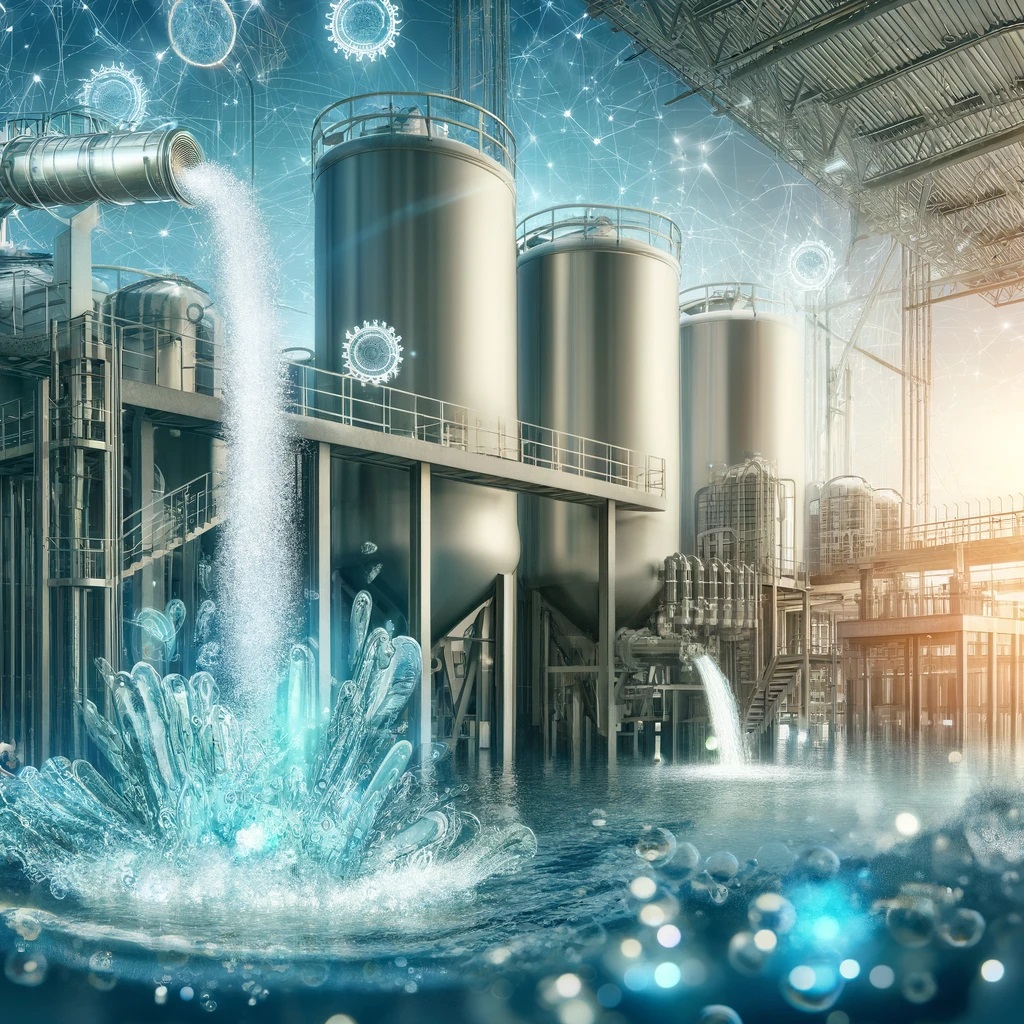Harnessing Magnesium Oxide (MgO) for Effective Water Treatment: Exploring the Conversion to Magnesium Hydroxide (MgOH)
In the realm of water treatment, finding sustainable and efficient solutions is paramount and one such solution gaining traction is the utilization of Magnesium Oxide (MgO) and its conversion to Magnesium Hydroxide (MGHO). These compounds offer promising avenues for addressing water quality concerns, ranging from industrial processes to municipal water treatment facilities.
MgO, available in various forms, including powders and granules, boasts remarkable properties ideal for water treatment applications. With its high surface area and alkalinity, MgO serves as a potent neutralizing agent for acidic wastewater streams, effectively raising pH levels and facilitating the precipitation of heavy metals and other contaminants. Moreover, its cost-effectiveness and availability make it an attractive option for industries striving for sustainable water management practices.

The conversion of MgO to MgOH further enhances its efficacy in water treatment processes. Through a controlled hydration process, MgOH becomes a highly reactive compound with increased solubility and enhanced alkalinity. This conversion improves the dispersion of magnesium ions and accelerates the neutralization of acidic effluents, promoting more efficient precipitation and removal of impurities.
One of the primary advantages of MgOH lies in its versatility. Whether used as a standalone treatment or with other chemicals, such as lime or ferric chloride, MgOH performs better in treating various water sources, including industrial wastewater, mining effluents, and contaminated groundwater. Its ability to target multiple contaminants, including heavy metals, sulfides, and organic pollutants, makes it a valuable asset in water remediation efforts.
Furthermore, MgOH offers environmental benefits by minimizing sludge production and reducing the overall carbon footprint of water treatment processes. Its inherent properties facilitate the formation of dense, settleable flocs, leading to compact sludge formation and simplified dewatering procedures. This not only streamlines the treatment process but also reduces the volume of waste requiring disposal, thus minimizing environmental impact.
In conclusion, utilizing Magnesium Oxide (MgO) and its conversion to Magnesium Hydroxide (MgOH) offer significant potential for improving water treatment processes. These compounds provide versatile and cost-effective solutions for industries and municipalities, from neutralizing acidic wastewater streams to precipitating contaminants. By harnessing the power of MgO and MgOH we can pave the way towards a more sustainable and resilient water future.